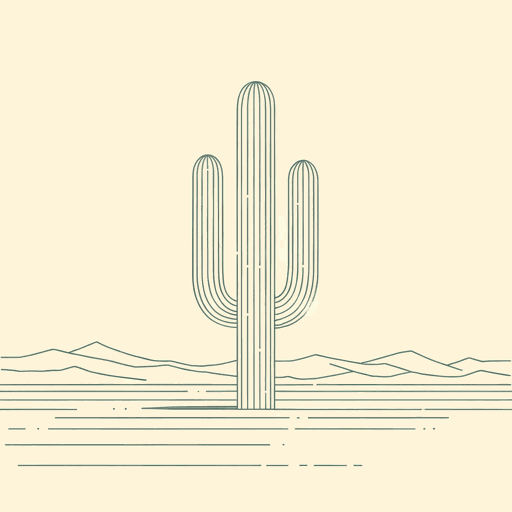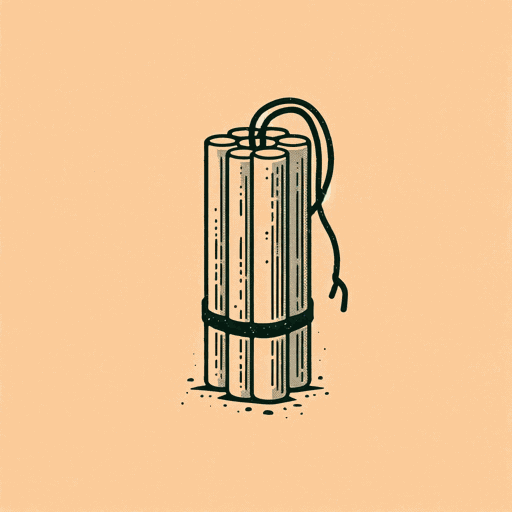41 pages • 1 hour read
Edward AbbeyDesert Solitaire
Nonfiction | Autobiography / Memoir | Adult | Published in 1968A modern alternative to SparkNotes and CliffsNotes, SuperSummary offers high-quality Study Guides with detailed chapter summaries and analysis of major themes, characters, and more.
Important Quotes
“I am here not only to evade for a while the clamor and filth and confusion of the cultural apparatus but also to confront, immediately and directly if it’s possible, the bare bones of existence, the elemental and fundamental, the bedrock which sustains us.”
(Chapter 1, Page 7)
These words are, in essence, Abbey’s mission statement. He is on a quest for truth, not an esoteric truth, but an organic, earthly, physical and intractable truth about the nature of life in our world. The physical deprivations and challenges he will endure, even invite, during his months in the park are a necessary element of this quest.
“The parks, they say, are for people. At the main entrance to each national park and monument we shall erect a billboard one hundred feet high, two hundred feet wide, gorgeously filigreed in brilliant neon and outlined with blinker lights, exploding stars, flashing prayer wheels and great Byzantine phallic symbols that gush like geysers every thirty seconds.”
(Chapter 5, Page 71)
“I was enjoying good health, not yet quite to the beginning of the middle of the journey. I listened gravely as he spoke of death, nodding in agreement I did not feel.”
(Chapter 7, Page 103)
In this passage, Abbey is describing his conversations with Roy Scobie, who fears death almost constantly. Abbey seems to indicate that he himself has little or no thought of death, that he does not viscerally sense his own mortality because he is too young to do so. And yet, Abbey is very sober throughout the book regarding the presence of death all around him, and his own eventual demise.


